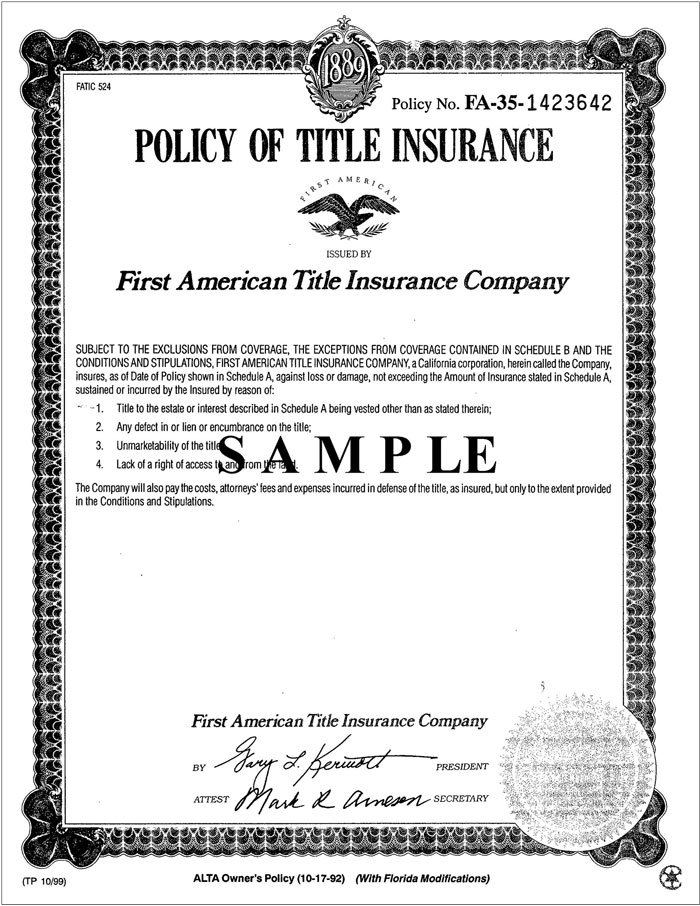Essential Paperwork Needed When Selling Your House

Introduction to Selling Your House

Selling your house can be a thrilling yet daunting journey. Not only does it involve parting ways with a space filled with memories, but it also demands a significant amount of paperwork. Whether you’re a first-time seller or have sold properties before, understanding the essential documents is crucial for a smooth transaction. Here’s a detailed guide on the paperwork you’ll need to gather before you can put that ‘For Sale’ sign in your yard.
Key Documents for Selling Your House

The first step in selling your home is ensuring you have all the necessary documents at hand. Here’s a comprehensive list:
- Proof of Ownership: This can be your property deed or a certificate of title that establishes your legal right to sell the property.
- Mortgage Details: If you still owe money on your mortgage, gather statements that show current balance, terms, and any remaining payoff amount. You’ll need this for disclosures.
- Homeowners Insurance: Buyers often want to review your insurance policy to assess the property’s risk profile.
- Recent Appraisal or Survey: While not mandatory, having a current appraisal can help justify your asking price.
- Home Inspection Report: Although optional, providing a pre-listing inspection can expedite the sale process by reassuring buyers about the home’s condition.
- Tax Records: Property tax bills and records can help potential buyers understand future tax obligations.
Preparatory Documents

Before you even list your house:
- Disclosure Forms: Sellers are legally required to disclose any known defects or issues with the property. This varies by state but commonly includes structural issues, previous repairs, and known environmental concerns.
- Comparative Market Analysis (CMA): A CMA will give you an idea of similar properties’ selling prices in your area, helping you set a competitive price.
- Listing Agreement: This contract with your real estate agent outlines their duties, your responsibilities, commission, and duration of the listing.
Legal and Transaction Documents

These documents are needed during or after the sale:
- Purchase Agreement: This contract between you and the buyer outlines the sale conditions, price, and any contingencies (like inspections or financing).
- Seller’s Net Proceeds Sheet: Provided by your agent, this details the costs involved in selling your home, helping you understand the actual cash you’ll walk away with.
- Closing Statement: This summarizes the financial transactions between buyer and seller at closing, including all fees, commissions, and adjustments.
Organizing Your Paperwork

To keep things organized:
- Create a designated binder or folder for all documents.
- Utilize digital tools for scanning or storing electronic versions of documents.
- Ensure all documents are up-to-date; some like tax bills, require annual updates.
📝 Note: Keeping documents organized not only helps in providing them when requested but also in ensuring you have everything ready for a smooth closing process.
Negotiation and Closing

During this phase, you’ll need:
- Title Report: Ensures there are no liens or disputes against the property title.
- Settlement Statement: Required by law under the Real Estate Settlement Procedures Act (RESPA) to explain all charges related to the transaction.
- Power of Attorney: If you cannot be present at the closing, this document allows someone to act on your behalf.
- Home Warranty: Though not a legal necessity, offering a warranty can sweeten the deal for potential buyers.
Last Steps Before You Hand Over the Keys

Right before you say goodbye to your property, you’ll need to:
- Check all items listed in the purchase agreement are in place.
- Ensure any last-minute repairs or requests from the buyer are completed.
- Transfer utilities into the buyer’s name to avoid any billing confusion.
- Have your attorney or real estate agent review all final documents for accuracy.
💡 Note: It’s advisable to get these steps sorted well before the closing date to avoid any last-minute rush or complications.
The process of selling your house requires meticulous attention to detail, particularly with paperwork. Having all your documents in order not only speeds up the sale process but also instills confidence in potential buyers. From the moment you decide to sell, through negotiations, and until the final signatures are on paper, each piece of paperwork plays a crucial role in transitioning ownership smoothly. Remember, every piece of paper you collect or sign is a step closer to handing over the keys to someone who will create new memories in your former home.
In wrapping up the sale of your home, your foresight in organizing essential documents will leave you in a strong position to negotiate and close the deal. Each document serves a purpose, ensuring the legalities are adhered to, the financials are transparent, and both parties are satisfied with the outcome.
What if I can’t find the original property deed?

+
If you can’t find the original deed, you can obtain a copy from your county’s property records or consider getting a new deed prepared by an attorney or title company.
Is a home inspection report necessary before listing?

+
While not legally necessary, a home inspection report can be beneficial. It can address any potential issues upfront, reducing buyer concerns and possibly avoiding requests for repairs.
Do I need to disclose all known defects of the property?

+
Yes, in most jurisdictions, sellers must disclose known defects and issues with the property. Failure to do so can result in legal repercussions.
What happens if there are liens on the property?

+
If there are liens, they must be resolved before the property can be sold. This typically means paying off the lien or making arrangements to clear the title.
Can I sell my house without an attorney?

+
It’s possible, especially in states where attorneys are not required for real estate transactions, but having legal counsel can provide peace of mind, especially with complex sales or disputes.



